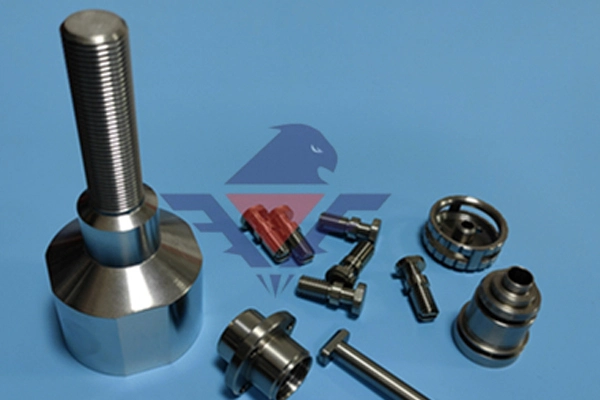
# Swiss Machining: Precision and Efficiency in Small Part Manufacturing
## Introduction to Swiss Machining
Swiss machining, also known as Swiss screw machining or Swiss turning, is a specialized manufacturing process that excels in producing small, high-precision components. Originating in Switzerland’s watchmaking industry, this technology has evolved to become a cornerstone of modern precision manufacturing across various industries.
## How Swiss Machining Works
Unlike conventional lathes, Swiss machines feature a sliding headstock and guide bushing system that provides exceptional stability during machining operations. This unique design allows for:
– Extreme precision in part dimensions
– Superior surface finishes
– Minimal deflection during cutting
– Ability to machine long, slender parts
## Key Advantages of Swiss Machining
### 1. Exceptional Precision
Swiss machines can maintain tolerances as tight as ±0.0002 inches (0.005 mm), making them ideal for medical devices, aerospace components, and electronics.
### 2. High Production Efficiency
The simultaneous multi-axis capabilities enable complete part machining in a single setup, significantly reducing production time and costs.
### 3. Material Versatility
Swiss machining handles a wide range of materials including:
– Stainless steels
– Titanium alloys
– Brass and copper
– Plastics
– Exotic metals
## Applications Across Industries
### Medical Device Manufacturing
From surgical instruments to implantable components, Swiss machining produces the intricate parts needed in modern healthcare.
### Aerospace Components
The technology creates lightweight, high-strength parts for aircraft and spacecraft with the required precision and reliability.
### Electronics and Connectors
Miniature connectors and electronic components benefit from Swiss machining’s ability to work with small diameters and complex geometries.
Keyword: Swiss Machining
## Choosing the Right Swiss Machining Partner
When selecting a Swiss machining service provider, consider:
– Experience with your specific industry requirements
– Quality certifications (ISO, AS9100, etc.)
– Material expertise
– Secondary processing capabilities
– Volume flexibility
## The Future of Swiss Machining
Advancements in Swiss machining technology continue to push boundaries with:
– Improved CNC controls
– Enhanced automation
– Smart manufacturing integration
– New tooling materials
– Advanced cooling systems
As manufacturing demands grow for smaller, more complex components, Swiss machining remains at the forefront of precision manufacturing solutions.